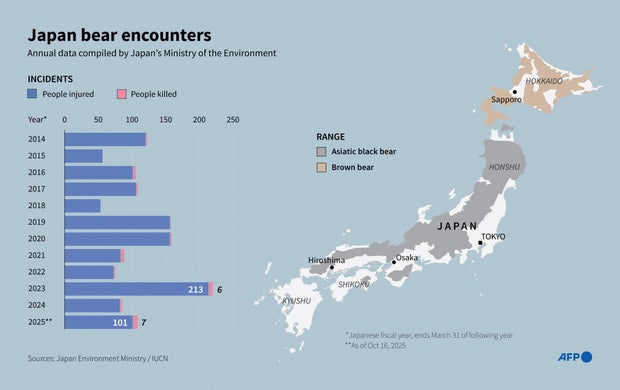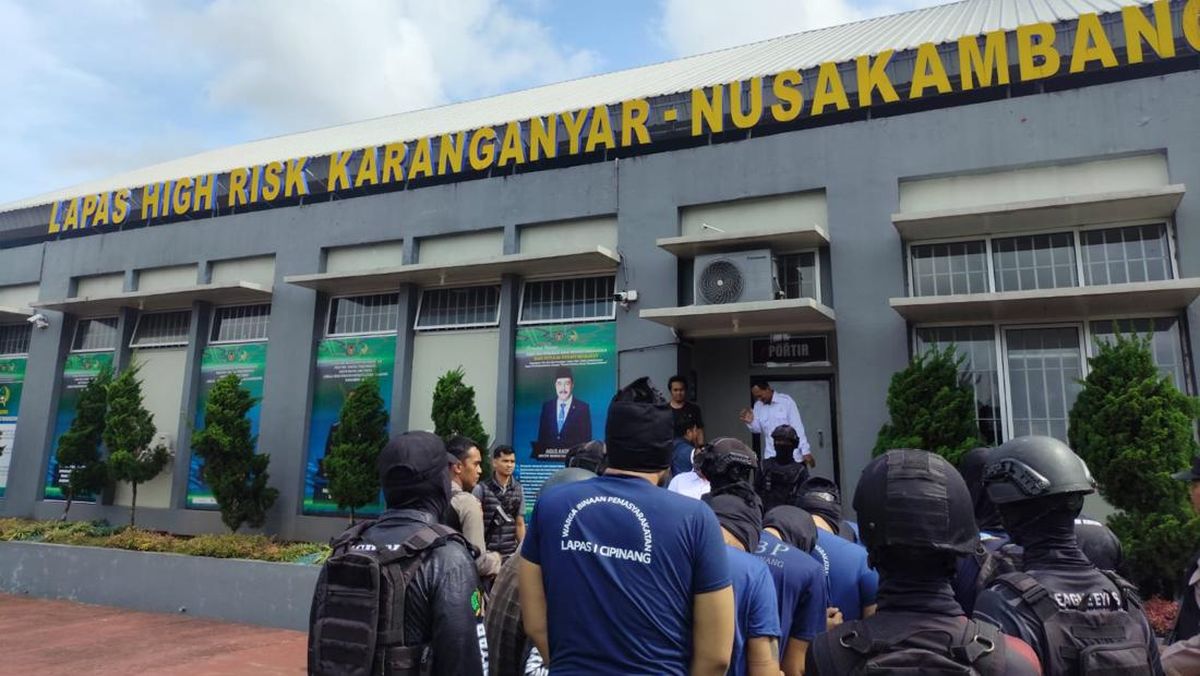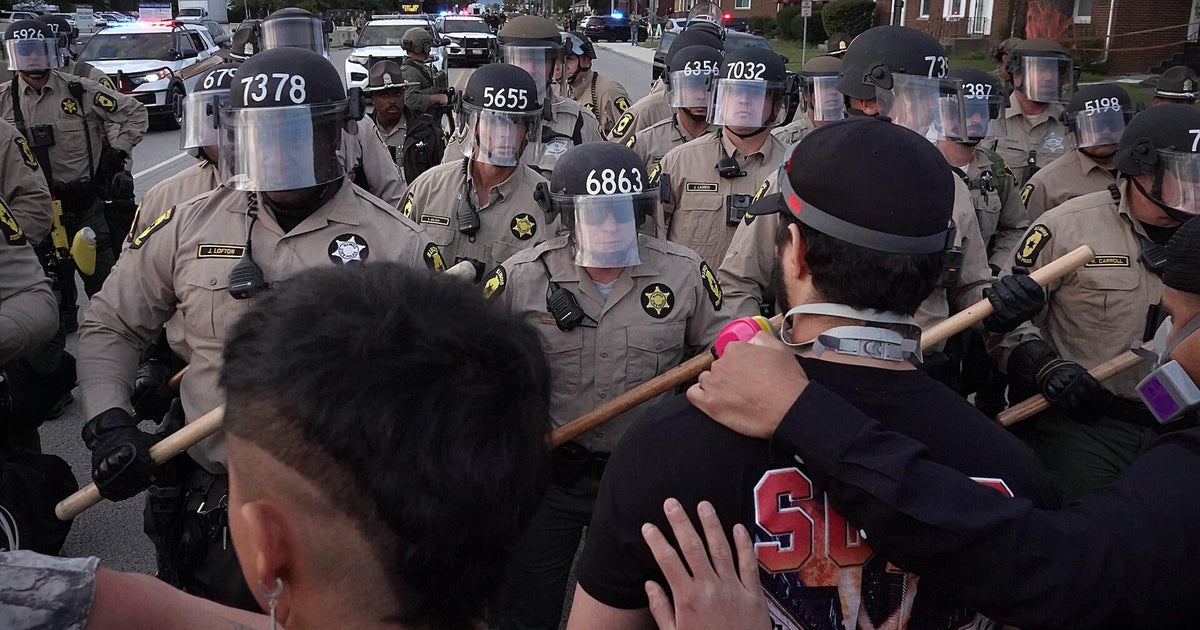Bears have killed a record number of people in Japan this year, the environment ministry said on Thursday, as another possible victim was reported missing.
Bears hungry because of shortages of food such as acorns — which has been blamed on climate change — are encroaching more into towns where the human population is aging and dwindling.
Experts say warmer weather is also affecting the hibernation patterns of the animals, which in the case of brown bears can weigh 1,100 pounds and outrun a human.
The new total of seven deaths in the current fiscal year "is the largest toll since 2006, when statistics started," an environment ministry official told AFP.
It surpassed the previous high of five human fatalities recorded in the 2023-24 fiscal year, the official told AFP on condition of anonymity.
More than 100 other people have been left with injuries including bites and deep gashes from the bears' sharp claws.
The record was reached following confirmation that a man in his 70s was found dead on Oct. 8 in the northern Iwate region had been killed by a bear. Japanese broadcaster TV Iwate said the man's head and torso were separated.
The body of another man in his 70s, also in Iwate, was found just two days later in a forest where he had been picking mushrooms. A few days earlier, the body of a 78-year-old man with multiple claw marks was recovered in the central prefecture of Nagano.
However, the cause of death was yet to be confirmed in either of those last two cases.
In August, a hiker in northern Japan tried to fight off a bear but was pulled into the nearby woods where he was found dead.
Bloodstain found after worker reported missing
A worker at a hot spring resort in Kitakami, also in Iwate, was also reported missing on Thursday. Local media said that a search team had found what appeared to be human blood.
Five more people were reported injured on Thursday in incidents in Akita and Fukushima prefectures, Fuji Television network reported.
 Infographic chart showing bear attacks in Japan since 2014, according to government data, with a map showing the ranges of the Asiatic black bear and brown bear in the country.
JOHN SAEKI/AFP via Getty Images
Infographic chart showing bear attacks in Japan since 2014, according to government data, with a map showing the ranges of the Asiatic black bear and brown bear in the country.
JOHN SAEKI/AFP via Getty Images
A 4.5-foot adult bear entered a supermarket in the Gunma region north of Tokyo last week, leaving a man in his 70s and another in his 60s with light injuries.
The store is close to mountainous areas but has never had bears come near before, Hiroshi Horikawa, an executive at the grocery store chain, told AFP.
The animal damaged a fish compartment and "in the fruits section, it knocked over a pile of avocados and trod on them," he said.
The store's manager told local media that around 30 to 40 customers were inside at the time, and that the bear became agitated as it struggled to find the exit.
A Spanish tourist was also attacked by a bear this month at a bus stop in the scenic village of Shirakawa-go in central Japan.
Japan has two types of bear: Asian black bears — also known as moon bears — and the bigger brown bears that live on the main northern island of Hokkaido.
Thousands of the animals are shot every year.
The impacts of climate change on the bears' food sources and hibernation cycles has been cited by experts as a key factor, but there are also implications as Japan's aging population shrinks and humans abandon more rural areas.
That depopulation has left bears "a chance to expand their range," biologist Koji Yamazaki, from Tokyo University of Agriculture, told CBS News' Elizabeth Palmer in 2023.


















































